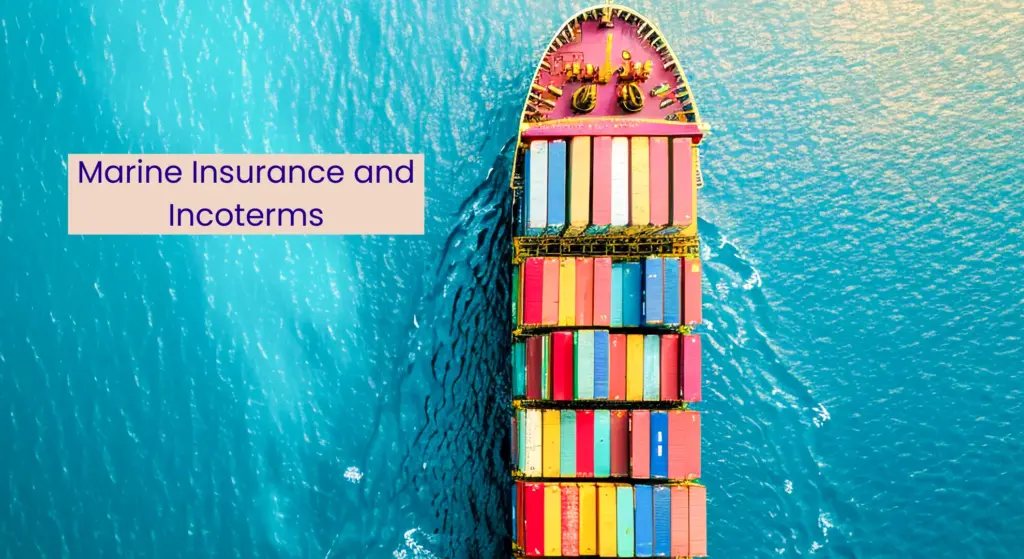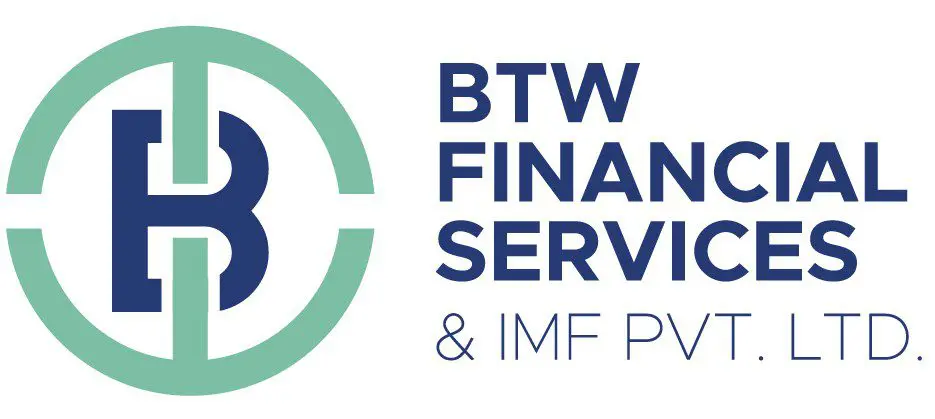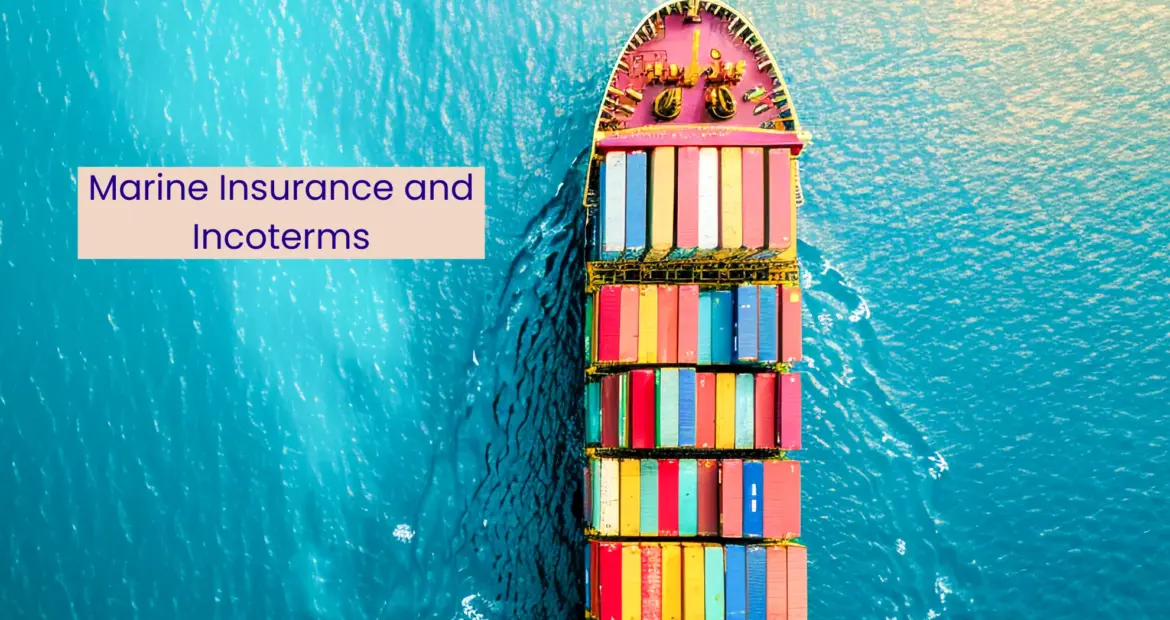
Summary
When shipping goods internationally, it’s not just about packing, booking, and documentation—your trade terms (Incoterms) also decide who is responsible for marine insurance. Whether you are an exporter or importer, understanding this link is vital to avoid uninsured risks. This blog explains how Incoterms such as FOB, CIF, and CFR influence marine insurance responsibilities and what Indian businesses should know before finalizing contracts.
Table of Contents
- What Are Incoterms in International Trade?
- Why Incoterms Matter for Marine Insurance
- Common Incoterms and Their Impact on Insurance
- Practical Examples for Exporters and Importers
- Key Risks of Insurance Responsibilities Are Misunderstood
- Best Practices for Businesses Using Incoterms
- FAQs
What Are Incoterms in International Trade?
Incoterms (International Commercial Terms) are globally recognized rules published by the International Chamber of Commerce (ICC) that define responsibilities between buyers and sellers in international trade. They clarify:
- Who arranges transport
- Who pays for freight and insurance
- Where the risk transfers from seller to buyer
Why Incoterms Matter for Marine Insurance
Marine insurance isn’t just about covering the goods—it’s about knowing who must insure them at each stage. If the contract terms don’t clearly assign responsibility, gaps in coverage may arise, leaving cargo exposed to risks such as theft, damage, or natural disasters.
Common Incoterms and Their Impact on Insurance
FOB (Free on Board)
- Insurance Responsibility: Buyer.
- Seller delivers goods onto the vessel; risk shifts to the buyer once goods are loaded.
- Buyer must arrange marine insurance from port of loading onwards.
CIF (Cost, Insurance, and Freight)
- Insurance Responsibility: Seller.
- Seller covers freight and insurance until destination port.
- Buyer receives insured goods, but coverage may be minimal unless specified.
CFR (Cost and Freight)
- Insurance Responsibility: Buyer.
- Seller pays freight but not insurance. Buyer must arrange insurance once goods are shipped.
EXW (Ex Works)
- Insurance Responsibility: Buyer.
- Seller makes goods available at their premises. Buyer handles all logistics and insurance from there.
DDP (Delivered Duty Paid)
- Insurance Responsibility: Seller.
- Seller takes full responsibility up to delivery at buyer’s location, including customs and insurance.
Practical Examples for Exporters and Importers
- An Indian exporter using CIF must ensure the marine insurance policy adequately covers the buyer’s needs, not just basic risks.
- An importer buying under FOB terms must not forget to arrange insurance immediately after loading; delays can create uninsured gaps.
Key Risks if Insurance Responsibilities Are Misunderstood
- Uninsured Transit Periods: Cargo may remain uninsured between handovers.
- Disputes in Case of Loss: Without clarity, buyers and sellers may argue over liability.
- Financial Exposure: Small businesses could face major losses if shipments are uninsured.
Best Practices for Businesses Using Incoterms
- Always review Incoterms carefully before finalizing contracts.
- Don’t rely on minimal insurance under CIF—upgrade if needed.
- Exporters should clearly specify the scope of insurance provided.
- Importers should proactively buy insurance when terms make them responsible.
- Consult marine insurance experts to align policies with trade agreements.
FAQs
Q1. Under CIF, does the exporter need to provide full coverage?
Not always. Exporters often provide only minimum coverage unless the contract specifies otherwise.
Q2. Can buyers request higher insurance coverage under CIF?
Yes, buyers can negotiate broader coverage with sellers.
Q3. Who insures under FOB shipments?
The buyer arranges marine insurance once the goods are loaded onto the vessel.
Q4. What happens if neither party buys insurance?
Cargo remains uninsured, and any loss must be borne by the party responsible under Incoterms.







